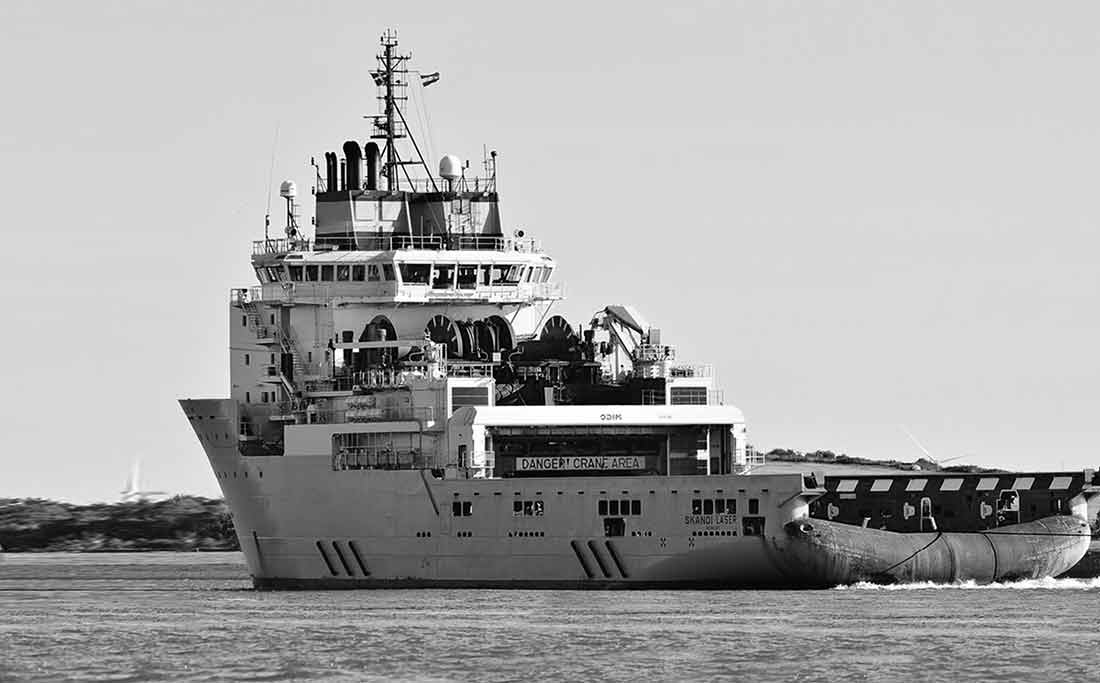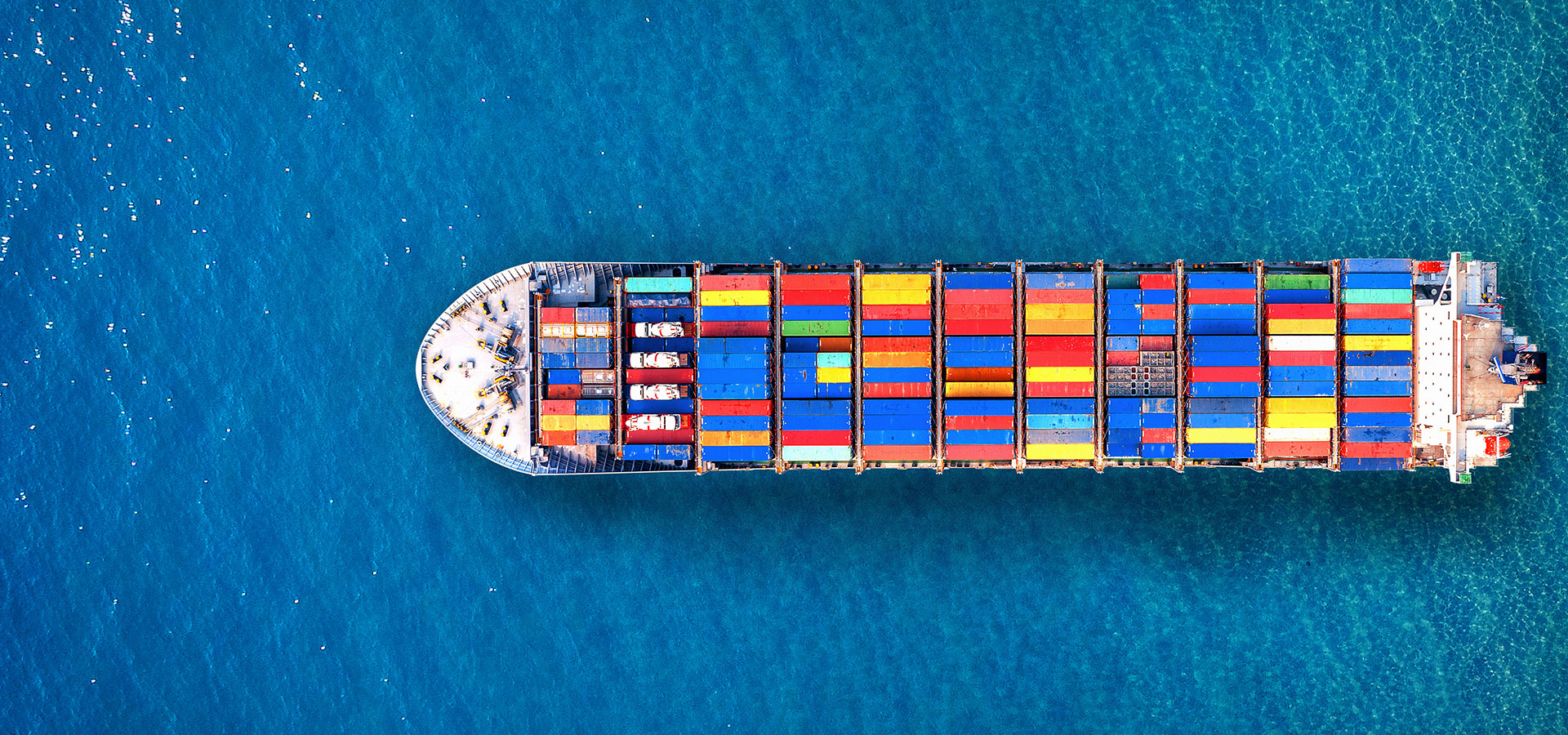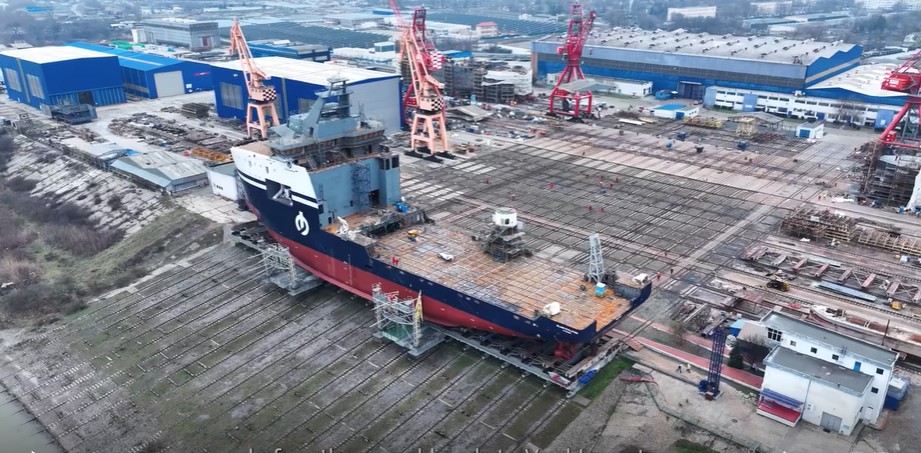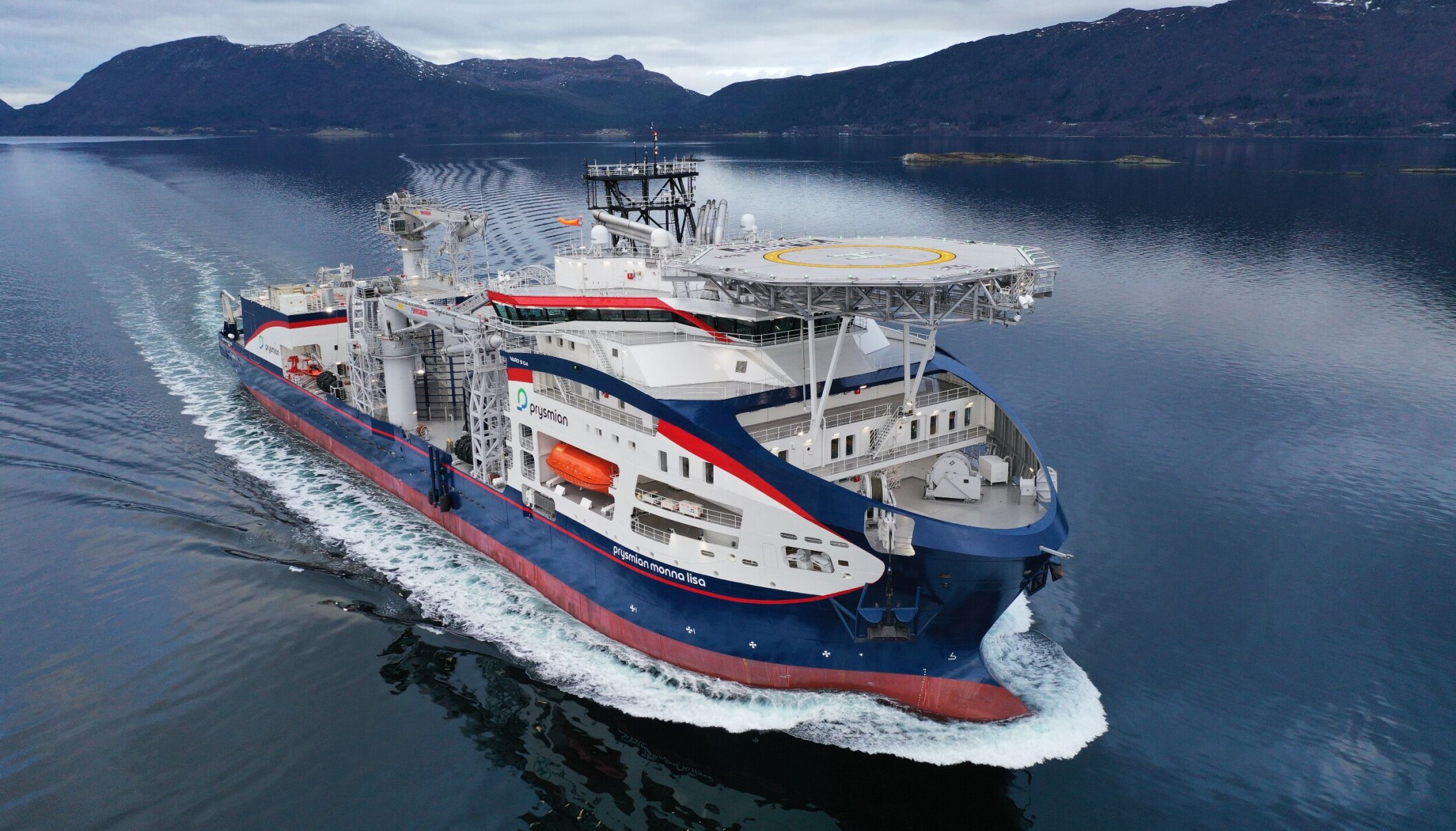英国钻井处理解决方案削减北海作业废物排放
作者: 发布时间:2023年03月05日 浏览量:421 字体大小: A+ A-

图片来自网络,版权属于原作者
英国钻井废物综合管理和环境解决方案提供商TWMA与北海一家未披露的“专业”油气运营商签订了一份七位数的合同。
根据合同,TWMA表示,将在北海中部一个恶劣环境的半潜式设备上部署RotoMill井场处理解决方案,以消除与船到岸方法相关的等待天气风险。
RotoMill技术可以在钻井废弃物的源头进行处理,无需长途运输钻井废弃物进行处理或处置。
预计这将通过减少50%的碳排放来改善客户的环境绩效。
TWMA业务发展经理Sandy Wood表示:“我们很骄傲能够获得这份合同,因为我们在北海成功开展了钻井活动。
客户特别感兴趣的是我们的海上处理技术在减少与等待天气有关的延误方面的潜力,这是北海客户面临的一个普遍问题。为客户提高效率是我们提供服务的动力,我们很高兴能够通过消除成本高昂的延误来支持运营商。”
根据TWMA的说法,在海上处理钻屑可以减少高达95%的起吊作业,从而改善钻井项目的风险状况。
与传统的箕斗和运输方法相比,不需要将钻井废物运往陆上,就不需要补给船、箕斗和陆上处理,降低了废物所有权的总成本,并将运营商的碳排放减少了一半。
(本文版权归国际海事信息网所有,图片版权归原作者,转载请注明出处。)
UK-produced well site processing solution to cut North Sea operator’s emissions
UK-based provider of integrated drilling waste management and environmental solutions TWMA has secured a seven-figure contract with an undisclosed “major” North Sea oil and gas operator.
Under the contract, TWMA said it would deploy its RotoMill well site processing solution on a harsh environment semi-submersible unit in the Central North Sea in order to remove waiting-on weather risk associated with a ship-to-shore approach.
The RotoMill technology allows drilling waste to be processed at the source, eliminating the need to transport drilling waste long distances for treatment or disposal, the company said.
This is expected to improve the client’s environmental performance through a 50 per cent carbon emissions reduction.
“We are proud to have secured this contract due to our proven track record in delivering successful drilling campaigns in the North Sea,” said Sandy Wood, Business Development Manager at TWMA.
“The client was particularly interested in our offshore processing technology’s potential in reducing delays associated with waiting on weather, a common problem customers face in the North Sea. Improving efficiencies for our customers drives our service offering, and we are pleased to be supporting the operator by eliminating costly delays.”
According to TWMA, processing drill cuttings offshore improves the risk profile of drilling projects by reducing lifting operations by up to 95 per cent.
Removing the need for shipping drilling waste onshore negates the need for supply vessels, skips and onshore processing which lowers the total cost of waste ownership and reduces carbon emissions for operators by half compared to the traditional skip and ship method.
来源:simic






